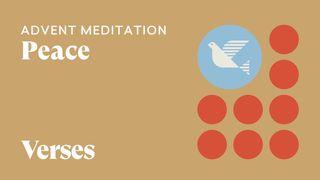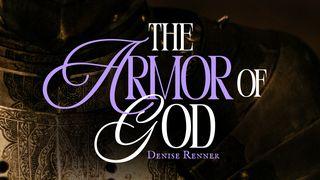Reconsidering The Lord's SupperSample

Meals and Mission
In the first three centuries, largely up until the time that Constantine politicalized Christianity as the state religion, the whole of the Christian worship service (the gathering) was referred to as “the Lord’s Supper.” It wasn’t a wafer and a sip from a plastic throwaway cup that was in Paul’s mind in 1 Corinthians 10:17-34, when he spoke of the Supper. The context of Paul’s argument in 1 Corinthians clearly is regarding a full meal that was substantial enough to satisfy hunger. It was clearly a meal in which everyone had a part, and it was a meal weighty enough in length of time, to where the rich and poor were allowed enough leeway to develop considerable relational issues.
Imagine how our churches today would change dramatically and be more effective if we would consider the Lord’s Supper more deeply?
Paul cautions the believers in Corinth at the table to discern the body rightly. Normally, when someone teaches on this passage, they do so to encourage each believer to individually assess their own sin and salvation in self-reflection during the Supper. However, this approach and drastic individualism does not fit Paul’s argument, as he goes almost directly into talking about Christ’s Body as “us and we.” Paul has a particular intent in causing us to discern the body. Paul is primarily concerned with communal relations, not individual piety. At the meal, a meal substantial enough to allow people to drunk and rowdy, the rich were being gluttons and were ignoring the poor. They were eating in a manner just like the Greeks of that day. The meal for them was more about prestige than actual community.
This is HUGE! Did you catch it? The meal in Paul’s mind was a place for believers to remember Jesus, but also to remember their responsibility to the least of these and the unbelievers. All were at the Lord’s Supper. Today, we separate believers onto Sunday mornings to observe Communion, and we “minister” to the less fortunate in the evening suppers. It’s divided. It’s us and them. It’s us over them. However, to Paul, the meal was missional and spiritual. How does this effect how we view ministry, Evangelism, The Lord’s Supper, and define what real community is and should be?
This changes everything!
Learn how to grow in creativity, community, and Christlikeness in our book Reconsidering the Lord's Supper, and through our Liturgy Project.
Learn more how to engage in meals, worship, and mission, at our Global LIVE online Make Jesus Culture Conference .
Scripture
About this Plan

The Lord's Supper is an aspect of Christian life that we are all familiar with, or are we? Learn how to grow in creativity, community, and Christlikeness through the Lord’s Supper.
More
Related plans

Helping Your Kids Know God's Good Design

Bible App for Kids – Discover God’s Big Story

Advent Meditations: Peace

Power at Sunrise: 30 Days of Reconstructing Your Life With the Word

Happy to Work

Written in Heaven: His Story, Our Lives

Daily Godpreneur: Millionaire Mind

Am I Really a Christian?

The Armor of God
